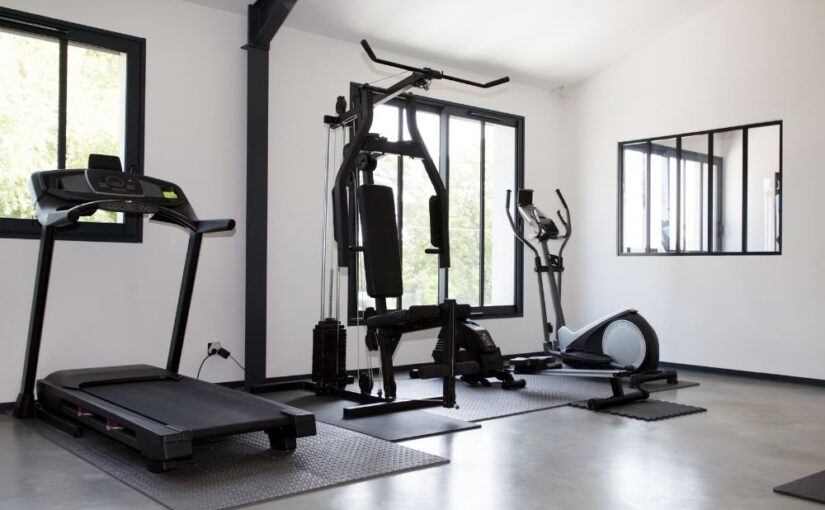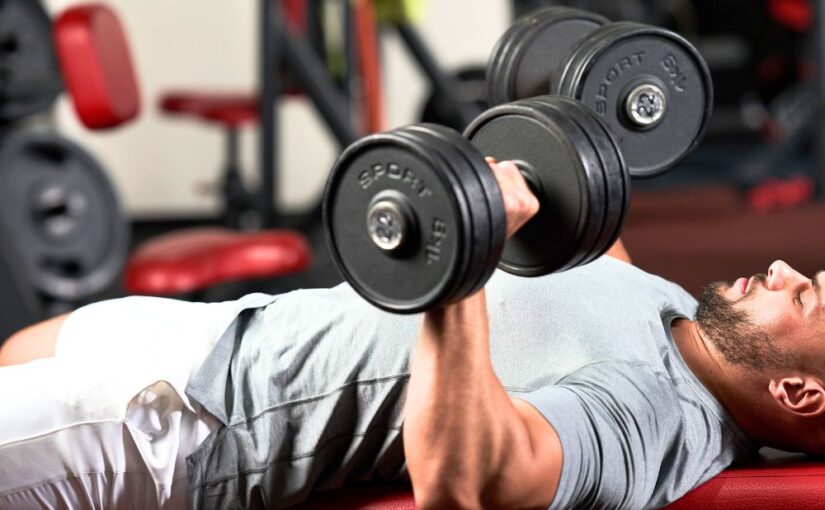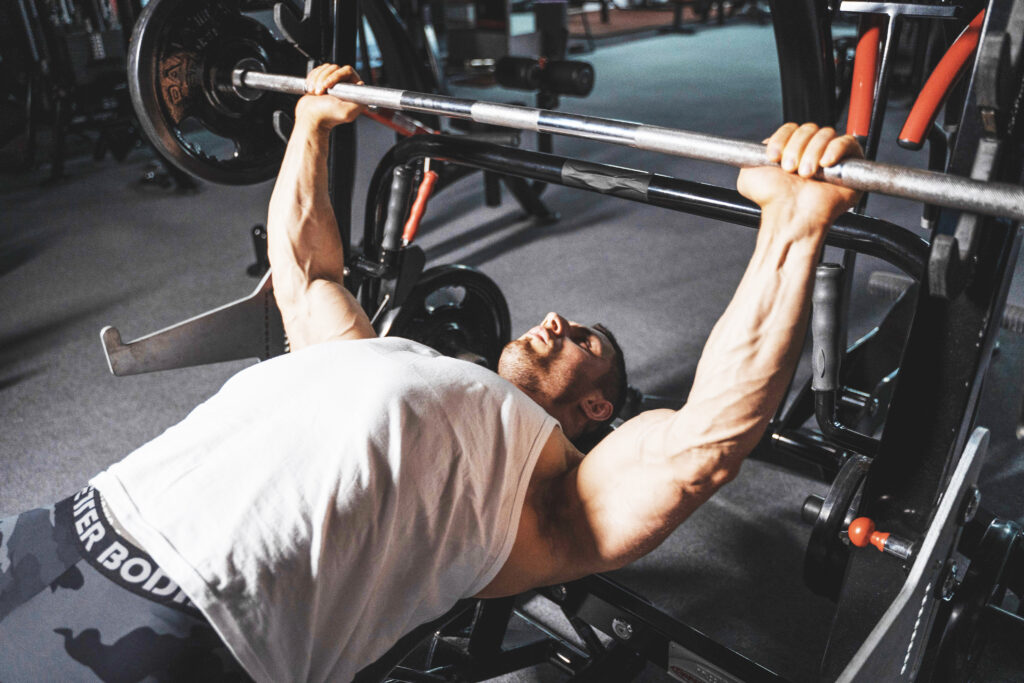The relationship between muscle size and strength is a topic of interest for fitness enthusiasts, athletes, and scientists alike. Many believe that having more muscle mass directly translates to greater strength. However, the reality is more nuanced. Let’s explore this relationship in detail.
Understanding Muscle Strength
Muscle strength is defined as the maximum amount of force a muscle can generate in a single effort. It depends on several factors, including:
- Muscle Fiber Composition: Muscles consist of different types of fibers—Type I (slow-twitch) and Type II (fast-twitch). Fast-twitch fibers are more suited for explosive strength and power, while slow-twitch fibers are better for endurance. Athletes with a higher proportion of fast-twitch fibers tend to be stronger, regardless of overall muscle mass.
- Neuromuscular Efficiency: Strength isn’t just about the size of your muscles; it’s also about how effectively your nervous system can activate those muscles. A well-trained neuromuscular system can recruit more muscle fibers during an effort, leading to greater strength without a corresponding increase in muscle size.
- Leverage and Biomechanics: The way a person is built—such as limb length and joint angles—can influence their strength. For example, individuals with shorter limbs may have biomechanical advantages in certain lifts, allowing them to lift heavier weights without necessarily having larger muscles.
Myths About Muscle and Strength
Common Misconceptions
Many people believe that lifting heavy weights will always lead to bulkier muscles or that size automatically equates to strength. These misconceptions can lead to ineffective training strategies.
Debunking Myths
In reality, strength can be gained without significant increases in muscle mass. Understanding this can help individuals tailor their training approaches effectively.
Muscle Hypertrophy vs. Strength Gains
Muscle hypertrophy refers to the increase in muscle size, which can occur through various training modalities. While hypertrophy is often associated with increased strength, it is not the only pathway to gaining strength. Here’s how they differ:
- Hypertrophy Training: This typically involves higher volume training (more sets and reps) aimed at increasing muscle size. While hypertrophy can contribute to strength gains, it is not the sole factor.
- Strength Training: Focused on lower repetitions and heavier weights, strength training emphasizes neuromuscular adaptations rather than just muscle size. This can lead to significant strength increases even with minimal muscle growth.
Factors Influencing Strength Beyond Muscle Mass
Hormonal Influence
Hormones like testosterone and growth hormone play crucial roles in muscle development and strength. Higher levels of these hormones can facilitate strength gains without necessarily increasing muscle mass.
Nutrition
A well-balanced diet is vital for strength development. Adequate protein intake (about 1.2 to 1.6 grams per kilogram of body weight) helps support muscle repair and recovery, but excessive protein can lead to increased muscle size.
Training Techniques for Strength Without Size
Plyometrics
Incorporating explosive movements, such as box jumps or medicine ball throws, can improve power and strength without adding bulk.
Isometric Exercises
These involve holding a position under tension (e.g., wall sits or planks), allowing for strength gains without significant hypertrophy.
Assessing Strength Gains
Measuring Progress
Methods for tracking strength improvements include one-rep max tests, strength assessments, and monitoring performance in functional movements.
Setting Realistic Goals
Setting achievable strength goals based on individual factors, such as fitness level and body type, can help maintain motivation and track progress effectively.
The Importance of Recovery
Rest and Recovery
Adequate rest is crucial for muscle recovery and strength gains. Ensuring sufficient sleep and incorporating rest days into training can optimize performance.
Active Recovery Strategies
Engaging in low-intensity activities, like walking or yoga, can promote recovery without hindering strength gains.
Individual Variability in Strength Training
Genetics
Genetic factors significantly influence muscle composition and strength potential. Some individuals may have a natural predisposition for strength or hypertrophy.
Age and Gender Differences
Age and gender can also impact muscle strength and growth patterns. For example, hormonal changes in women may affect how they build muscle compared to men.
Real-Life Application
Training Programs
Consider programs focused on low-rep, high-weight training or incorporating explosive movements to maximize strength gains without size.
Success Stories
Many athletes and lifters have successfully increased their strength without significant muscle mass. Here are some notable examples:
- Kurt Angle: An Olympic gold medalist in wrestling and professional wrestler, Kurt Angle is known for his exceptional strength and technique. Despite not having an enormous physique, his training focused on explosive strength and skill, allowing him to outlift many larger competitors.
- Gymnasts: Athletes like Kohei Uchimura, a six-time world champion gymnast, exemplify strength without bulk. Gymnasts develop incredible functional strength through bodyweight exercises and high-intensity training, resulting in a lean physique that excels in strength-to-weight ratio.
- Mark Rippetoe: The strength coach and author of “Starting Strength,” Rippetoe emphasizes the importance of compound movements in training for strength. His approach has helped many individuals achieve significant strength gains through proper technique and training without excessive muscle growth.
Conclusion and Action Steps
While more muscle mass can contribute to greater strength, it is not a guarantee. Factors like muscle fiber composition, neuromuscular efficiency, biomechanics, and lifting technique all play critical roles in determining strength levels. For those looking to increase strength without necessarily gaining muscle, focusing on neuromuscular training and refining technique can be just as effective.
Practical Tips:
- Emphasize compound and explosive exercises in your training.
- Monitor your nutrition to support strength without excess calories.
- Incorporate adequate rest and active recovery strategies.
Understanding the complex relationship between muscle size and strength can help individuals tailor their training approaches to meet specific goals—whether maximizing strength, improving performance, or enhancing overall fitness. Stay consistent, and you’ll see impressive results!










